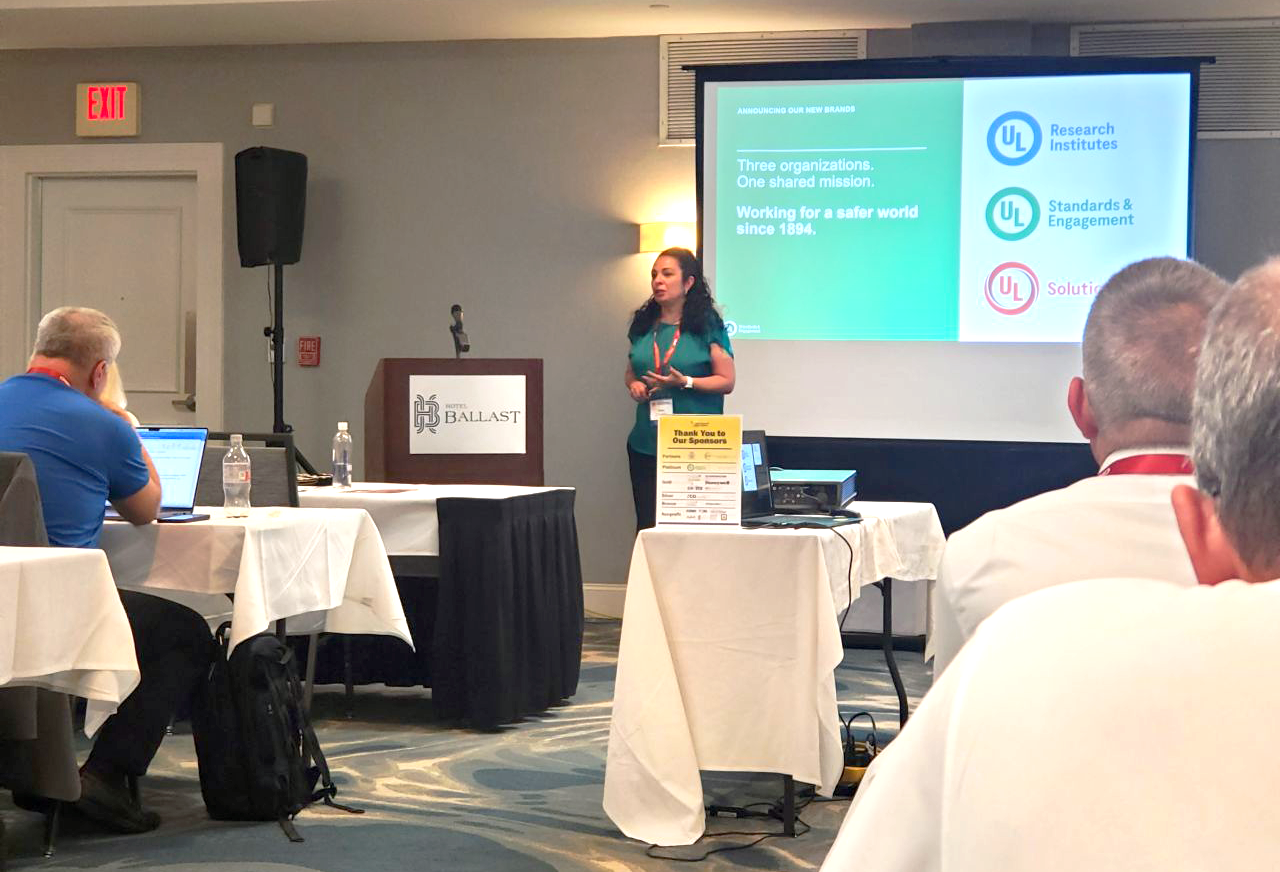-
News
August 3, 2023
Connecting With Experts in the Fight Against CO Poisoning: The NCOAA 2023 CO Safety Summit

During the summit, fire marshals and fire service professionals, carbon monoxide professionals, and community risk reduction experts from around the world presented on topics including emergency response; science and innovation; surveillance data; and codes, standards, and regulations. ULSE Director of Standards Programs Diane Haithcock presented on our safety standards that have been proven to effectively mitigate CO poisoning, and she also encouraged summit participants to share their expertise by getting involved in the ULSE standards development process.
“I’m very proud to have joined the experts on the front lines in the fight against CO poisoning, and deeply compelled to address this issue after speaking with those who have lost loved ones,” Haithcock said. “ULSE is working to help protect consumers from CO poisoning with standards for portable generators and carbon monoxide alarms, and we rely on the input and expertise of these individuals to help in the ongoing development of these standards.”
In 2022, the U.S. Consumer Product Safety Commission announced the publication of a staff report that determined UL 2201, the Standard for Safety for Carbon Monoxide (CO) Emission Rate of Portable Generators, would avert nearly 100% of deaths from carbon monoxide poisoning in testing scenarios that were based on CPSC data of fatal incidents with non-compliant generators in enclosed spaces. In order to comply with the requirements in this Standard, a portable generator must produce a low emission rate, and it must also be equipped with a CO sensor that will automatically shut the unit off if certain concentrations of CO are detected.

If you would like to contribute your expertise toward the ongoing development of safety Standards in the fight against CO poisoning, please take a moment to learn how you can get involved.